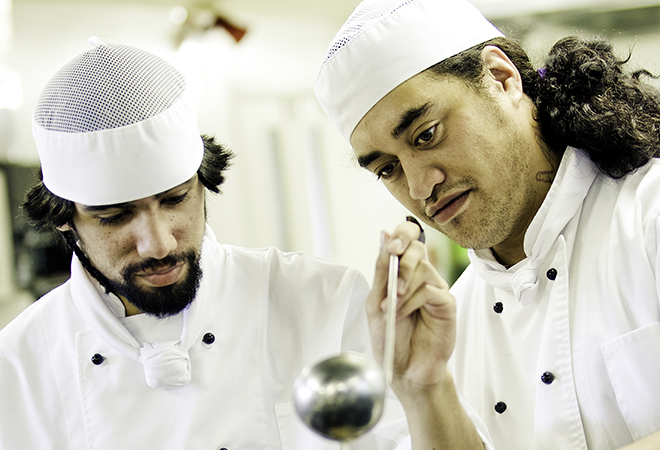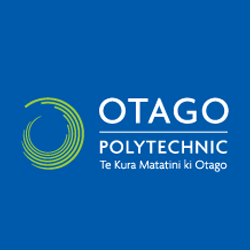
Creating digital stories to enhance vocational learning
Status
Completed: 4 August 2011
Project Details
A project completed in 2011, undertaken by Otago Polytechnic, to improve the vocational learning and literacy development of learners by engaging them more fully with course content through the creation of their own digital stories.
Aims:
The main aims of the project were to:
- support the development of vocational learning and literacy skills
- increase learners’ engagement with course content
- value and utilise the technical expertise of learner
- foster learners’ reflective thinking skills
- evaluate the potential of digital stories as an assessment tool.
Methodology:
Conducted within a socio-cultural and social constructivist framework, this pilot project incorporated learner-centred principles, experiential learning approaches and reflective activities. There were four tenets of particular significance:
- collaboration – learning with and from others
- conversation – using reflective dialogue and creative learning strategies
- context – emphasising workplace and lifelong learning that values cultural and personal diversity
- construction of knowledge – making meaning from experience using deep learning approaches.
Team

Maxine Alterio
Project Leader
Otago Polytechnic
Adrian Woodhouse
Otago PolytechnicStatus
Funding
$9,955.00 (excl GST)
Key Findings
The key findings from the project included:
- Participants developed richer understandings of digital, global, technical, visual and information literacy through the active creation of digital stories. Student participants utilised multiple senses and learning approaches to create their stories and make vocational learning gains. Lecturer participants extended their ability to embed multiple forms of literacy into their learning and teaching practices.
- Participating in reflective conversations prior to and during the creation of their stories helped all participants gain an authentic storytelling voice. These same conversations enabled student participants to recall aspects of their learning journeys, value their achievements, widen their career ambitions and broaden their views of life-long learning. Lecturer participants improved their ability to select topics with strong underlying themes to turn into story resources. They also became aware of the possibility of introducing future students to reflective practice through digital storytelling.
- Participants from both groups experienced transformative learning moments during the creation of their digital stories. They also made empathetic connections with other project members. Student participants stated that working collaboratively with peers and lecturers improved their interpersonal skills and increased their confidence, enabling them to showcase their stories to peers and staff at the School of Hospitality end-of-year function. Lecturer participants reported experiencing professional development gains as they mentored others in their area of expertise and advanced their multimedia skills through interactions with other team members, including learner participants.
- Student participants required extra time to adapt to a reflective storytelling culture and substantial support to script their narratives. Lecturer participants wanted to explore software options prior to working on their stories, which also proved time-consuming.
Key Recommendations
The following recommendations have two purposes: firstly, to support the integration of vocational learning and literary skills with course content and, secondly, to provide lecturers with guidelines to set up a digital storytelling culture.
Digital skills | Ascertain the digital skills of learners and value and utilise them. Show learners examples of digital stories that use multimedia, including static and moving images, music and narrative. Orientate learners to a reflective way of thinking and working by facilitating discussions about story elements such as theme, purpose and craft.
Assessment | Consider whether to assess the reflective process or the digital story and justify your preference to colleagues and learners. The project researchers favoured assessing as learning. Therefore, they assessed the reflective thinking process rather than assessing the highly individualised creative stories.
Digital storytelling software | Explore a range of digital storytelling software options, for example, Moviemaker, which is free and easy to use.
Vocational learning and literacy skills | Build learners’ vocational learning and literacy skills using reflective conversations and scriptwriting strategies that relate to course content and storyboard development. Allow plenty of time to move through each storytelling stage.
Future research | As a pilot study, this research highlights the potential of digital storytelling as a vocational learning and literacy development tool to engage learners more fully with course content. However, further investigation is needed to determine its overall effectiveness because it does require significant time to orientate learners to a reflective storytelling culture.
A research report prepared by Maxine Alterio and Adrian Woodhouse.
(PDF, 464 KB, 22-pages).
- 28 April 2011